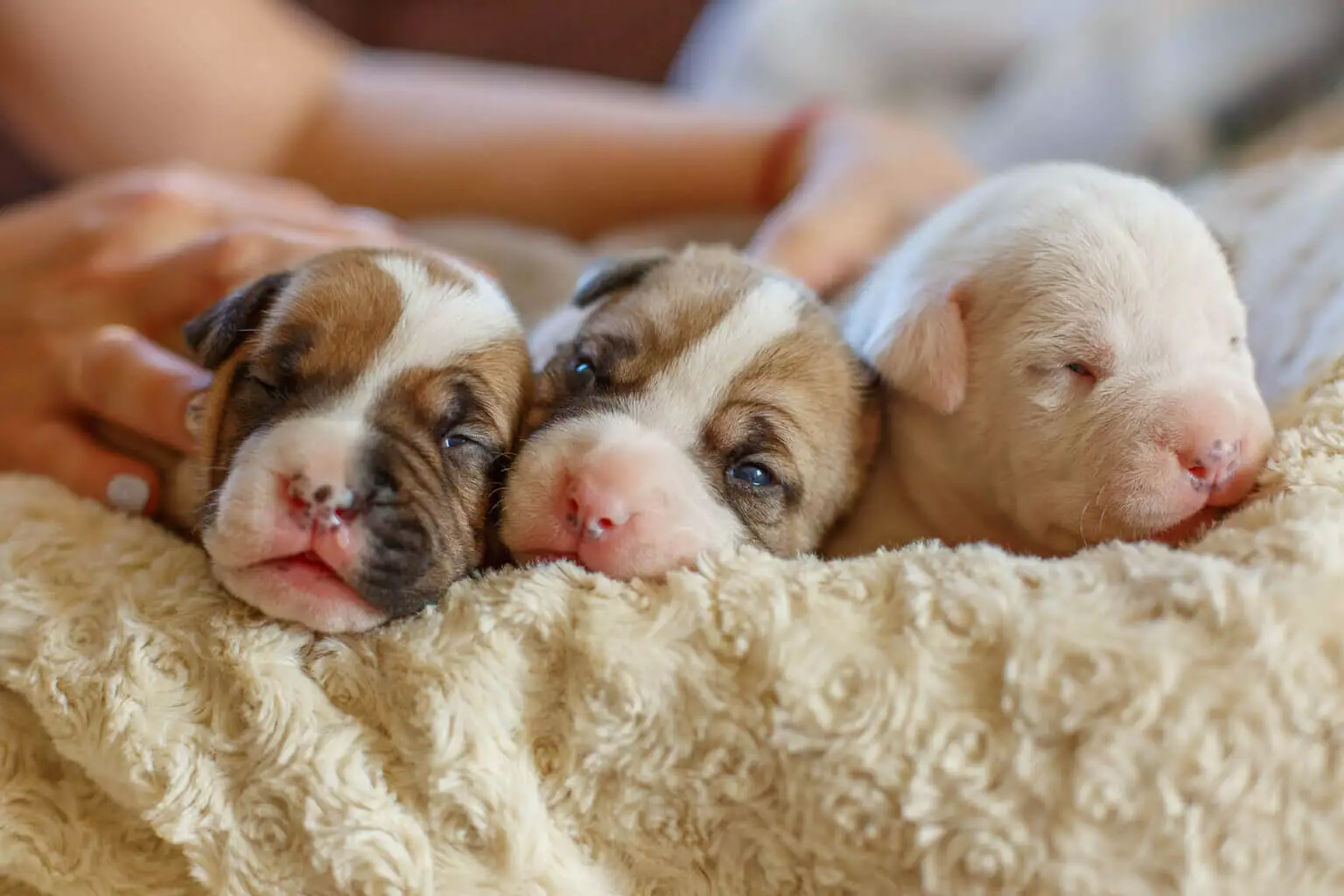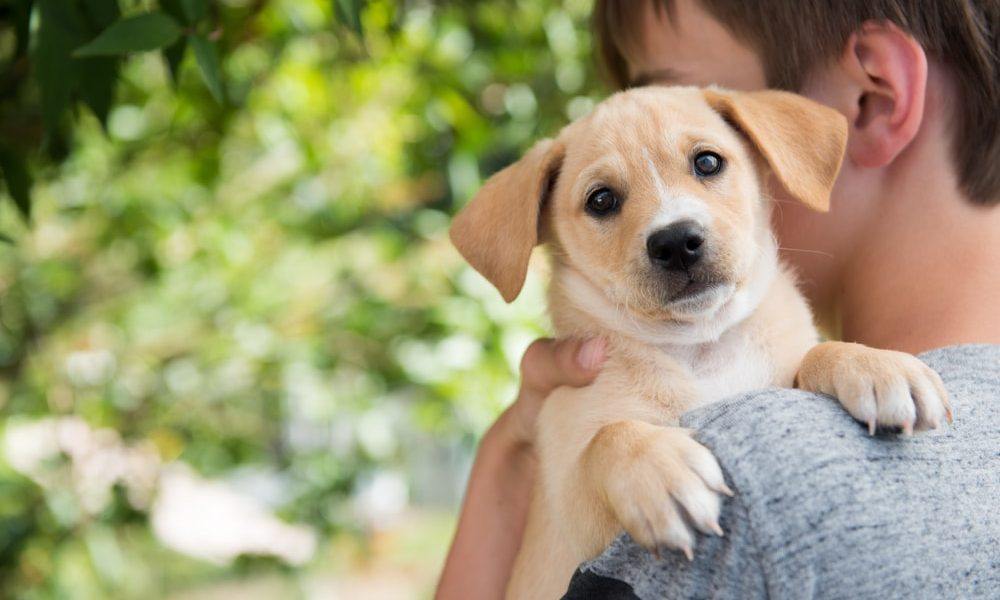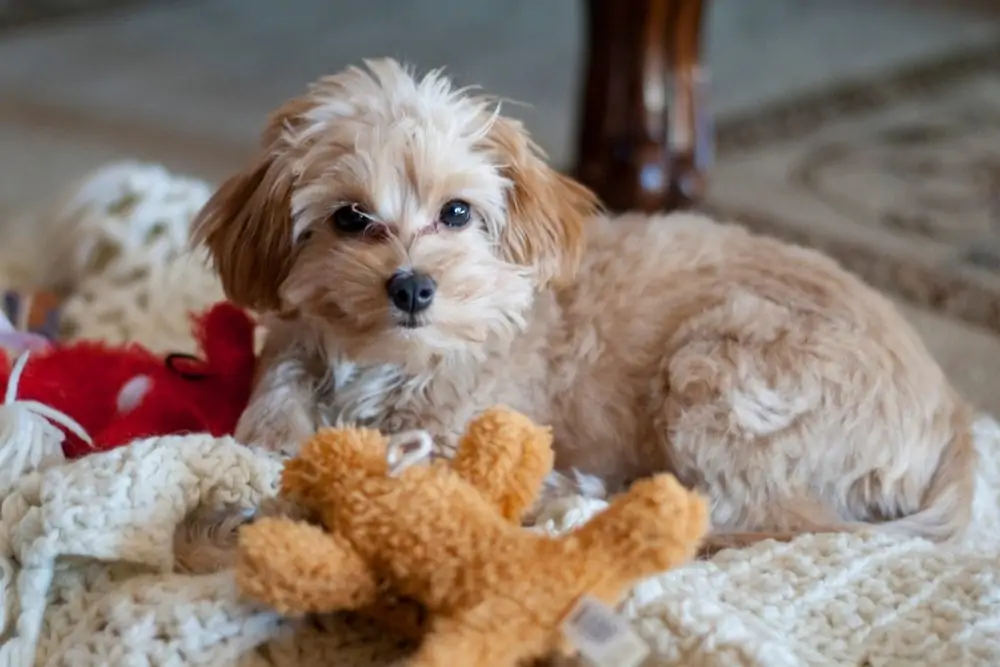Bringing a new puppy home is an exciting time, but it also comes with responsibilities. Proper training from the start will set your puppy up for success and help them become a well-behaved member of your family. In this blog post, I will outline the 5 most essential steps for training your new puppy.
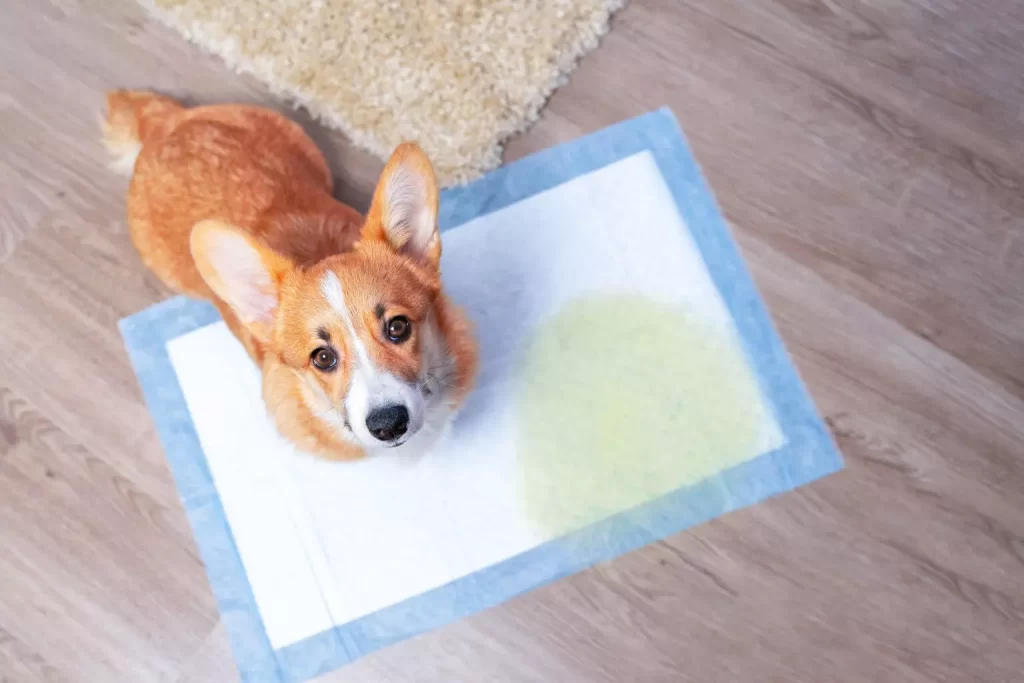
Puppy Potty Training
House training is one of the most important aspects of puppy training. Puppies do not have good bladder or bowel control when young and will have accidents inside if not taken out frequently. The key is to take your puppy outside consistently – after meals, naps, and play – and praise them heavily for going potty outside with treats and affection.
Clean indoor accidents thoroughly with an enzyme cleaner to remove odors that can attract your puppy to go there again. Stick with puppy potty training until your puppy goes at least 2 weeks without accidents inside. Consistency and patience are key for successful potty training.
Caring for Newborn Puppies
When you first bring your puppy home, make sure their living area is safe and comfortable. Puppies should be kept in an escape-proof area like an exercise pen or small room when unsupervised. This space should include a soft bed, water, toys, and space to play. Puppies need to go outside frequently for potty breaks, play, and mental stimulation.
Provide healthy puppy food and monitor weight and growth. Take your puppy to the vet for examinations and vaccinations on schedule. Proper caring for newborn puppies helps them grow into happy, healthy dogs.
Teaching Basic Commands
Commands like “sit,” “stay,” “come,” and “down” are essential for training. Start with a command the puppy already knows, like “sit.” Use treats and praise to reward the behavior each time.
Be consistent and keep training sessions short at first, just 5 minutes, to avoid overwhelming puppies with too much information at once. With regular practice, puppies will quickly learn the basics that keep them and others safe.
Socialization
Puppies should be socialized with people, other dogs, and new experiences from an early age. This helps prevent fear and reactivity as adults. Introduce your puppy to different environments, surfaces, sounds, and people in a positive way.
Carry your puppy when meeting other dogs until fully vaccinated to avoid illness. Socialization is key for raising a well-adjusted companion.
Crate Training
Teaching your puppy that their crate is a safe, comfortable den helps with potty training, prevents separation anxiety, and protects your home when you aren’t there to supervise. Feed all meals inside the crate with the door open and reward calm behavior inside with treats.
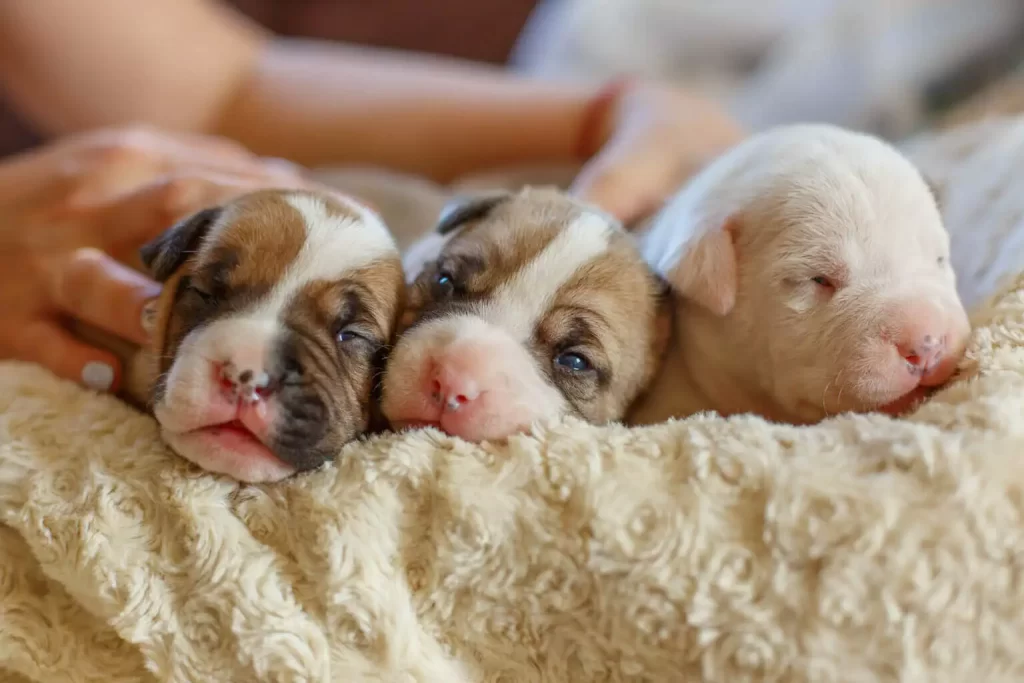
Slowly increase the amount of time your puppy spends inside the crate when you aren’t home. A crate-trained puppy is a well-behaved puppy.
By following these 5 essential steps, you are setting your new puppy up for success from the start. Consistency and positive reinforcement are key. Your puppy will learn good manners and become a loving companion with time and training.

Ruth is all about pet style. She’ll help you and your furry friend turn heads with the latest trends in pet fashion.
